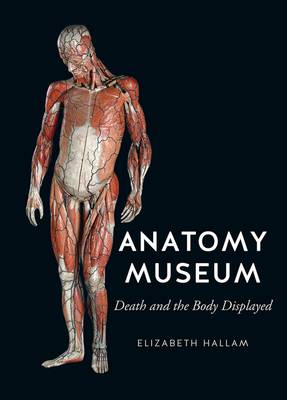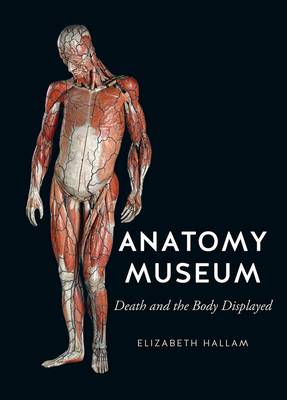
- Afhalen na 1 uur in een winkel met voorraad
- Gratis thuislevering in België vanaf € 30
- Ruim aanbod met 7 miljoen producten
- Afhalen na 1 uur in een winkel met voorraad
- Gratis thuislevering in België vanaf € 30
- Ruim aanbod met 7 miljoen producten
Zoeken
€ 60,95
+ 121 punten
Omschrijving
The wild success of the traveling Body Worlds exhibition is testimony to the powerful allure that human bodies can have when opened up for display in gallery spaces. But while anatomy museums have shown their visitors much about bodies, they themselves are something of an obscure phenomenon, with their incredible technological developments and complex uses of visual images and the flesh itself remaining largely under researched. This book investigates anatomy museums in Western settings, revealing how they have operated in the often passionate pursuit of knowledge that inspires both fascination and fear. Elizabeth Hallam explores these museums, past and present, showing how they display the human body--whether naked, stripped of skin, completely dissected, or rendered in the form of drawings, three-dimensional models, x-rays, or films. She identifies within anatomy museums a diverse array of related issues--from the representation of deceased bodies in art to the aesthetics of science, from body donation to techniques for preserving corpses and ritualized practices for disposing of the dead. Probing these matters through in-depth study, Anatomy Museum unearths a strange and compelling cultural history of the spaces human bodies are made to occupy when displayed after death.
Specificaties
Betrokkenen
- Auteur(s):
- Uitgeverij:
Inhoud
- Aantal bladzijden:
- 408
- Taal:
- Engels
Eigenschappen
- Productcode (EAN):
- 9781861893758
- Verschijningsdatum:
- 15/06/2016
- Uitvoering:
- Hardcover
- Formaat:
- Genaaid
- Afmetingen:
- 173 mm x 236 mm
- Gewicht:
- 1315 g

Alleen bij Standaard Boekhandel
+ 121 punten op je klantenkaart van Standaard Boekhandel
Beoordelingen
We publiceren alleen reviews die voldoen aan de voorwaarden voor reviews. Bekijk onze voorwaarden voor reviews.











